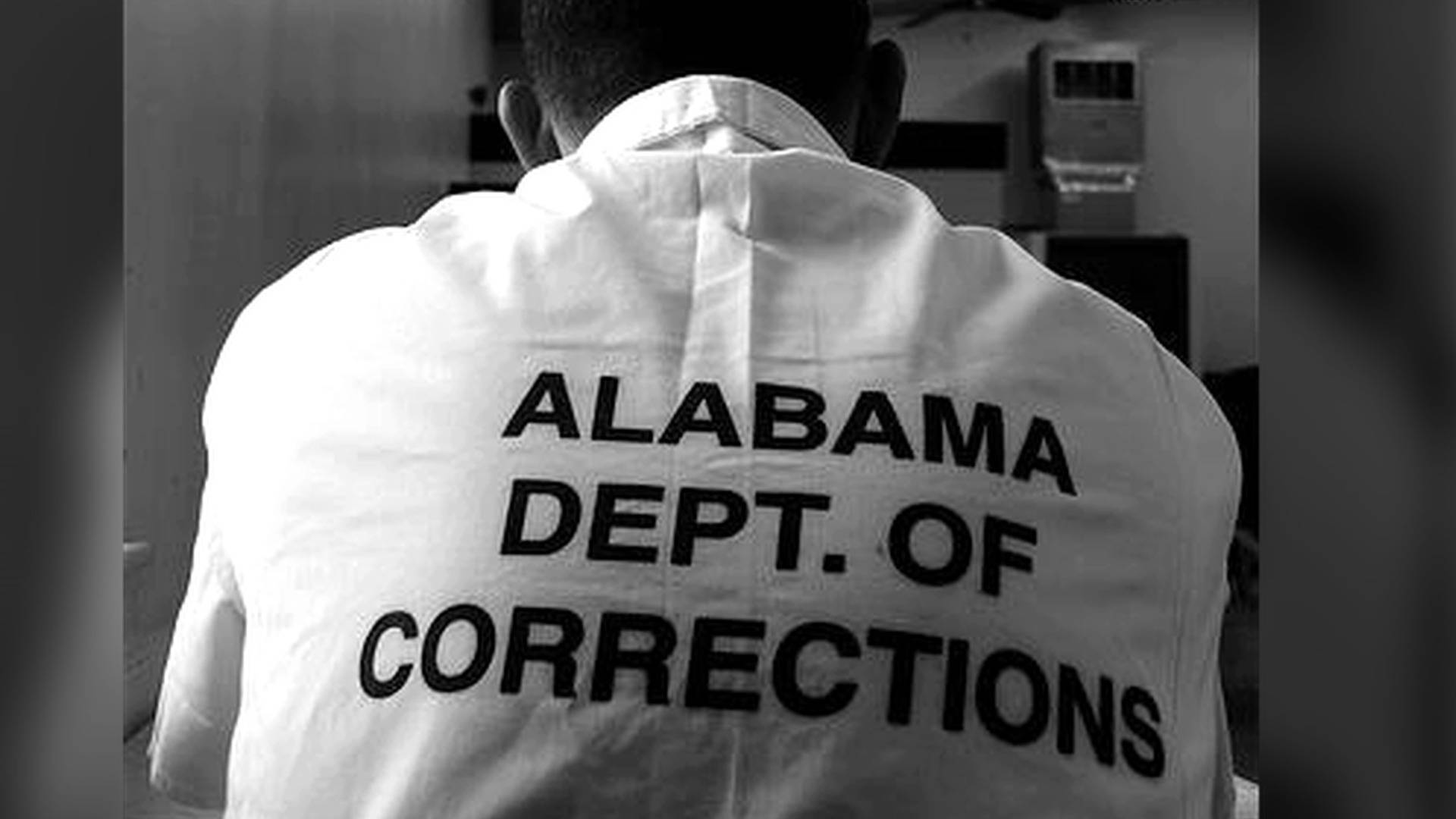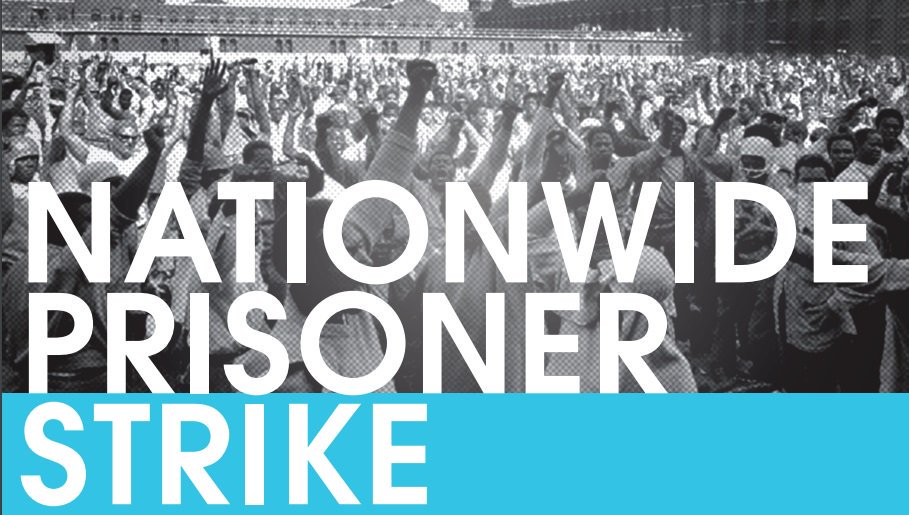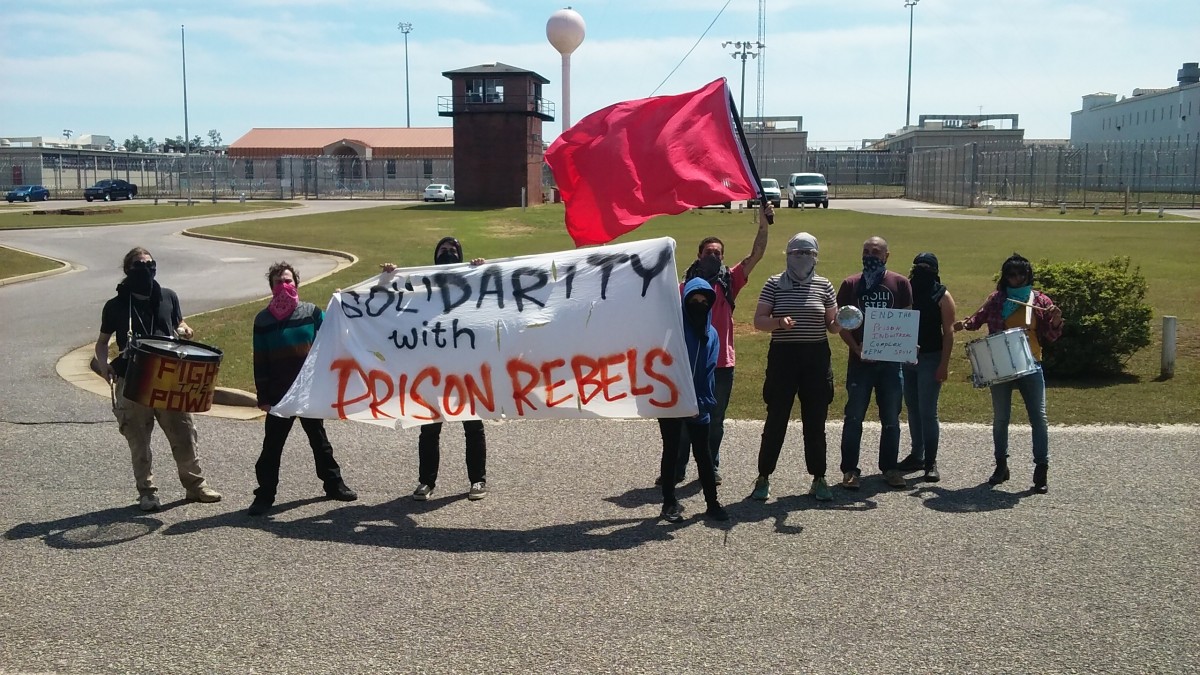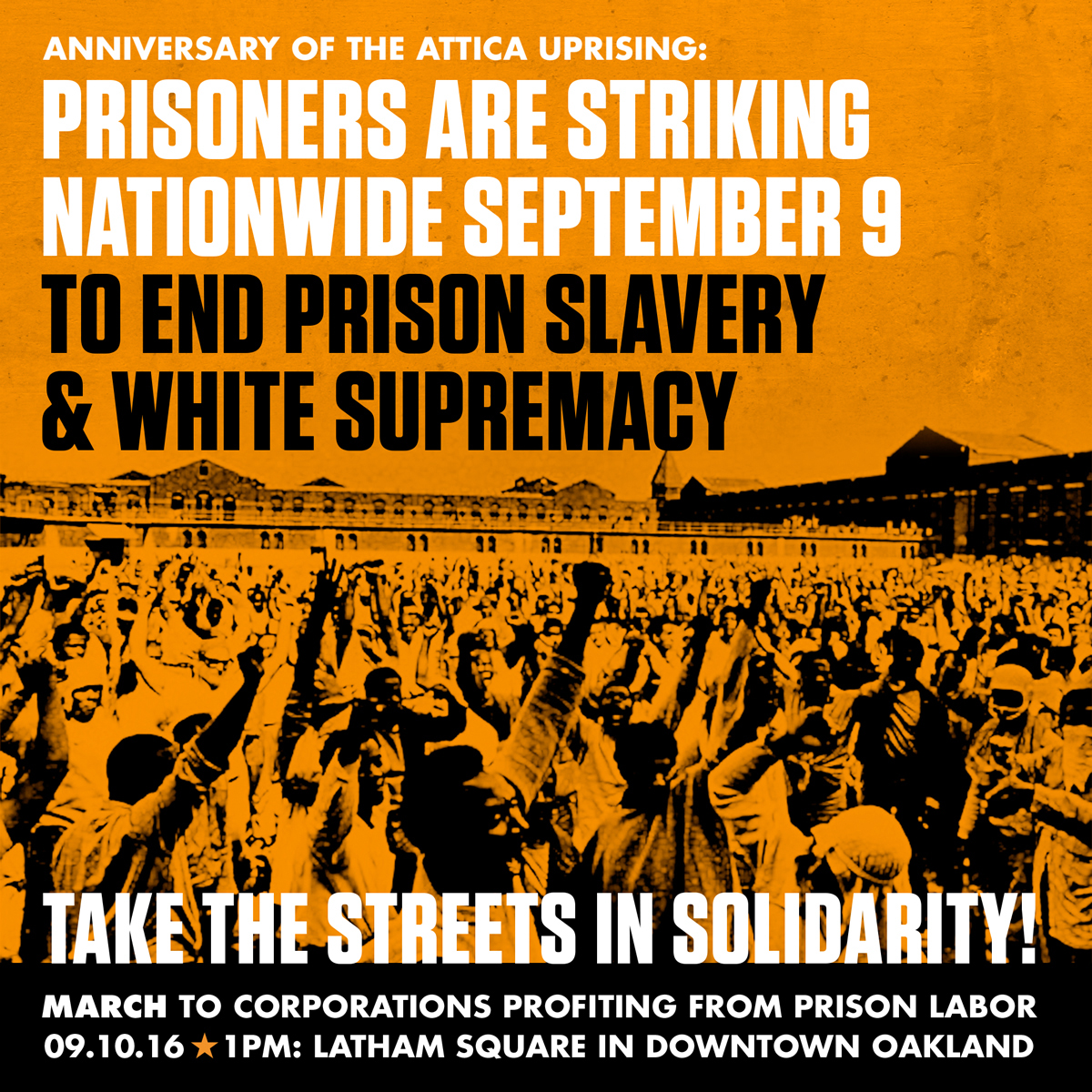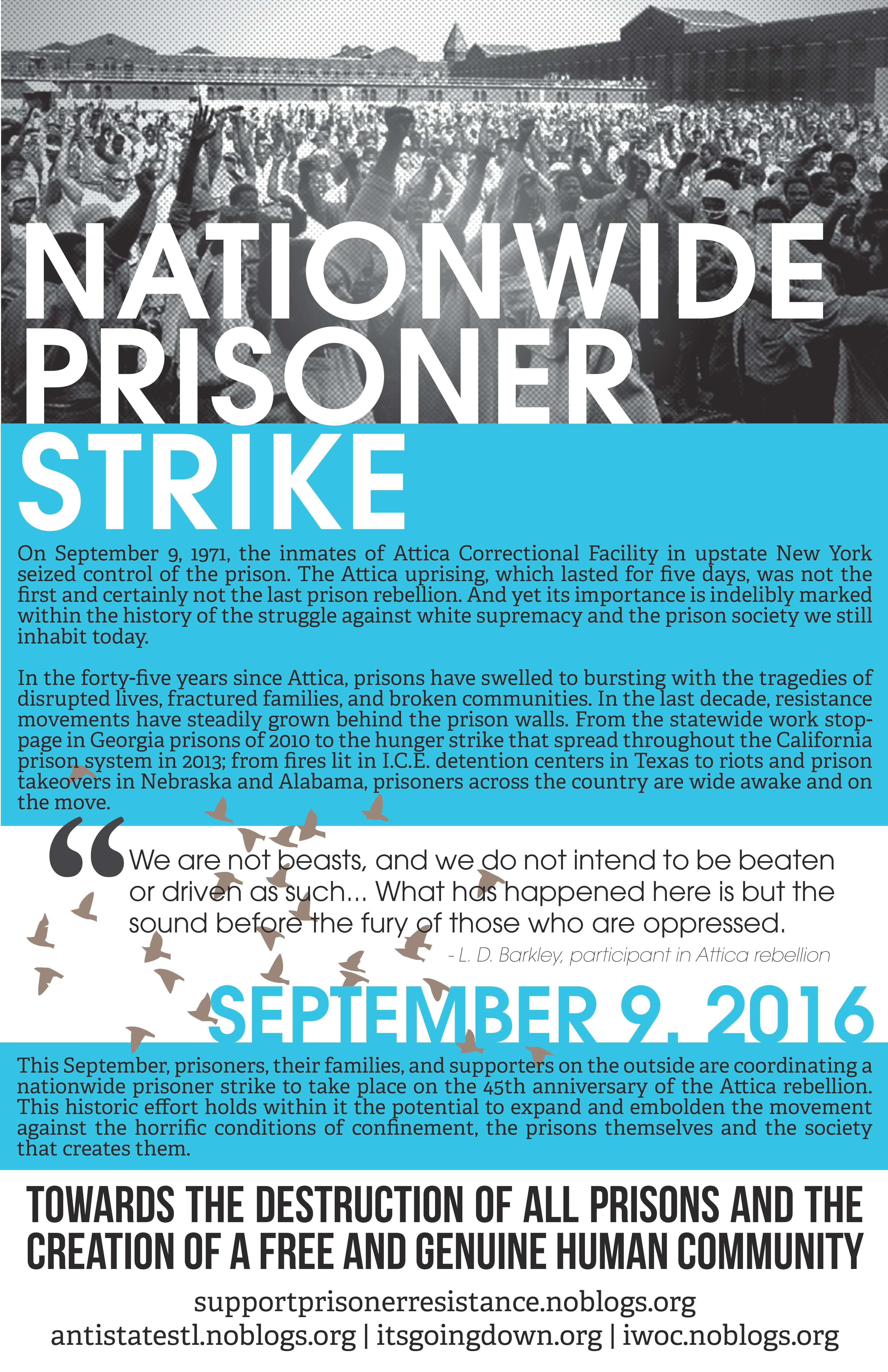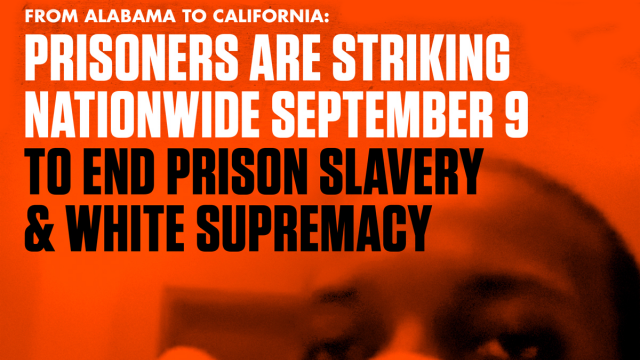
This is the second installment of a two-part series about the upcoming September 9 prison labor strike. Read the first part here.
“Maximum utilization of the U.S. prison system as a weapon of class warfare was part of the neoconservative agenda initiated during the Reagan administration. As the keynote speaker to the 1981 convention of the American Correctional Association ... Associate Attorney General Rudolph Giuliani articulated the new policy in classical conservative terms. ‘In the beginning,’ he said, ‘man formed government to protect against the danger of invaders from without as well as predators from within. National defense and domestic defense are, therefore, the two primal functions of any government. Our criminal justice system is charged with one of these two primal tasks.’ No subsequent administration, including that of Democratic President Bill Clinton, has deviated from the prison policies established during the early 1980s." – [Richard D. Vogel](http://monthlyreview.org/2003/09/01/capitalism-and-incarceration-revisited/)
In the video, recorded and distributed via an unauthorized cell phone, a man speaks from a corner of cinderblock walls, pointing to a pile of hideous-looking meat patties. He’s hard to hear because of the noise of people and the recording quality.
“We don't know what it is,” he says calmly. “We don’t eat it. We can’t eat it. It’s raw.”
He uses a piece of metal to pick the meat apart, displaying pink and gray uncooked substances. There are obviously huge chunks of raw and dirty meat in the patties, which are burnt on one side, undercooked on the other, and a nauseating color in the middle. Finally, the prisoner faces the camera phone and explains that prisons save money by feeding spoiled food to inmates, that this is part of the cost-benefit calculus of the prison system.
The men producing these illegal videos in Alabama are part of the Free Alabama Movement, one of many groups organizing nationwide events on September 9 to protest the prison-industrial complex from both inside and outside prison walls. Prisoners are asking those of us on the outside to organize loud and disruptive displays of solidarity.
It’s a strike against the most honest manifestation of our political and economic machines. Prisoners in facilities all over the country will stage acts of civil disobedience and work resistance. Meanwhile, coordinated demonstrations will happen in dozens of cities:
-
In front of Washington Department of Corrections offices in Olympia, the Northwest Prisoner Support group will stage a noise demonstration.
-
In downtown Portland, Oregon, activists will gather at Chapmand Square to protest corporations that profit from prison labor. Down the road in Eugene, there will be a panel discussion at Old Nick’s Pub.
-
Further south, in Eureka, California, Humboldt Grassroots will demonstrate at the courthouse, while Santa Barbara activists will hold a rally outside the county jail.
-
There will be rallies in Phoenix, Tucson, and Buckeye, Arizona.
-
The Milwaukee Industrial Workers of the World will host a solidarity picnic and event at Garden Park.
-
Noise demonstrations will take place in Indiana, Minnesota, and Michigan, among others.
-
In Austin, Texas, demonstrators will convene outside Texas Correctional Industries South Austin Showroom, which displays products made by Texas prisoners. Other protests are taking place in Denton and Houston.
-
More demonstrations are scheduled in Maryland, Washington D.C., Pittsburgh, Philadelphia, Providence, Rochester, Brooklyn, the Bronx, and Camden, New Jersey.
-
Southern states will come alive, with a march in Durham, North Carolina, a demonstration in Fort Lauderdale, Florida, and protests in Nashville, New Orleans, Atlanta and Bessemer, Alabama.
Demanding Humanization
Ben Turk, an anarchist playwright who has helped organize prison resistance for several years, told me he hopes that the coordinated rally “wrenches the dialogue about mass incarceration reform from the hands of bootlicking prison-lovers like Hillary Clinton.”
Turk and other activists aren’t convinced by Clinton’s recent turnaway from private prisons. Whether private or public, Turk said, “the reformist vision of the future is suburbanized poverty and adding de facto open air prisons, strategic hamlets or favelas on the outskirts of every U.S. city,” and Clinton won’t stand in the way of this.
“I want September 9 to shift the American cultural landscape and perception of prisoners and the prison system enough that dear friends of mine who are trapped in the system have reason to hope that one day they will find justice and walk in a forest again. I want September 9 to save lives, or at least open up the possibility that our struggle to save lives won't be so futile anymore.”
This deep, humanizing solidarity with incarcerated people drives me, too, and has driven me since I started talking and writing about prison labor. As an experiment prior to writing this article, I asked people across my social networks whether they had friends or family members who’d served time in prison. An overwhelming number, across all identity lines, said yes. That potential for personalization is going to be very important for a movement to humanize and emancipate the incarcerated.
“I think criminalization and stigmatization run deep,” Turk said. “The state has done a good job of convincing us to reduce prisoners to whatever crime they were convicted of, regardless of all the circumstances and unreliability of the criminal legal system.”
Why don’t more progressives recognize this? I asked. “Too many progressive groups are largely unaware of how corrupt dishonest, absurd and bankrupt the prison system is as a whole and they remain afraid of someone who has been othered by this system,” he responded. Turk said people should get to know folks in prison, corresponding with them and listening to how they got there.
The stakes are high, not only for the system, but for prisoners. Incarceration itself is physical torture, and the spatiality of imprisonment creates unhealthy bodies whose debilitation serves as an unconstitutional extension of their punishment. Prisons create and facilitate micropolitical spaces of brutalization. If you lock thousands of people up in a complex of buildings, beatings, sexual assaults and the creation of oppressive hierarchies are natural outgrowths, not inconvenient implementation problems.
Bad Policies, Bad Systems
If, in addition to justice, we're also concerned about effectiveness (crime control, recidivism, etc.), mass incarceration fails as a public policy. Alternatives are possible. But we can’t explore those alternatives without severing the relationship between prisons and the corporatist state.
“Corporate” and “state” aren’t just words being thrown around capriciously. A friend of mine, teaching at a school in Virginia, recently expressed her shock that university procurement policy requires buying from Virginia Correctional Enterprises as first source. Like most states, Virginia uses labor from its public prisons to make an array of products for government purchase, paying prisoners less than a dollar an hour, then celebrating the program’s rehabilitative capacities. Our legal system, and even the international legal system, accepts the reality of unpaid and underpaid labor as part of the experience of being incarcerated, with no consideration for the central role of the prisoner’s labor power in the creation of value for others.
So, from an economic justice perspective, there’s more at stake than just incarceration as an ineffective policy. Any transition to a just and sustainable economic system must include humanizing and politicizing incarceration. Insofar as we envision detention or incarceration as necessities in a just world (if so, much less of it than we have now), we must regard the incarcerated person’s humanity and material needs as no different from the non-incarcerated.
The prison system is the ideological muscularity of capitalism. Incarceration represents the power of the state to control not only our movement, but also our labor and the internal and external interactions of our bodies. The “macro” forces of extraction and exploitation are reproduced in concentrated, oppressively intimate forms in prison. So a revolt against all of that – against the concentrated material exploitation, the extraction of value from the body of the prisoner through slave labor, solitary confinement, assignment into violence, allowance of sexual battery – is a revolt against capitalism itself.
On Friday, activists hope that revolt will take organized and energetic form. There will likely be events in your cities and states. This would be a good opportunity to engage in grassroots activism for the most marginalized of all marginalized, and meet others who share this deeply-rooted concern.
Matt Stannard is policy director at Commonomics USA.
This is the second installment of a two-part series about the upcoming September 9 prison labor strike. Read the first part here.
3 WAYS TO SHOW YOUR SUPPORT
- Log in to post comments

